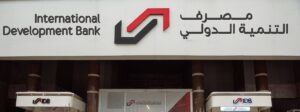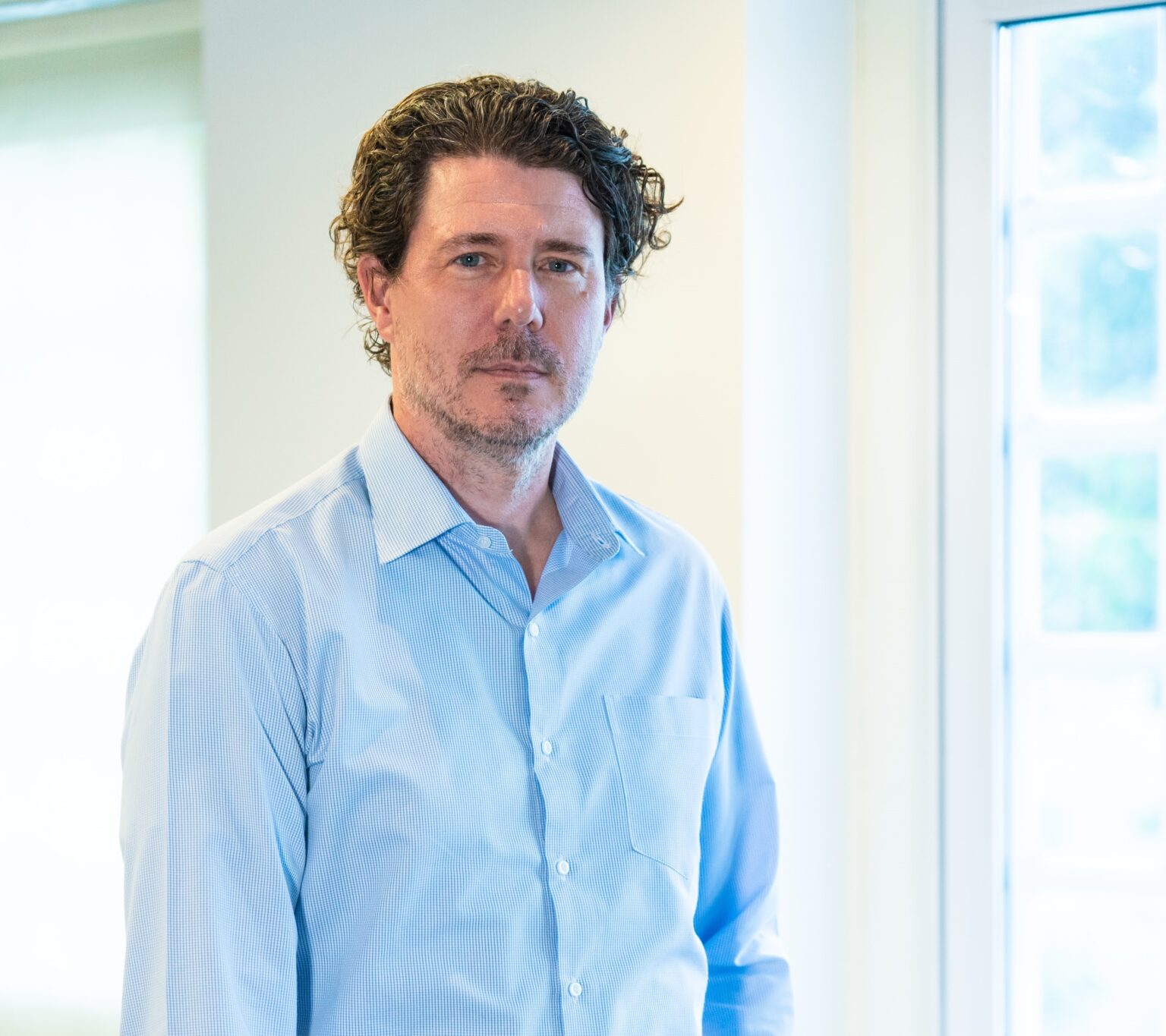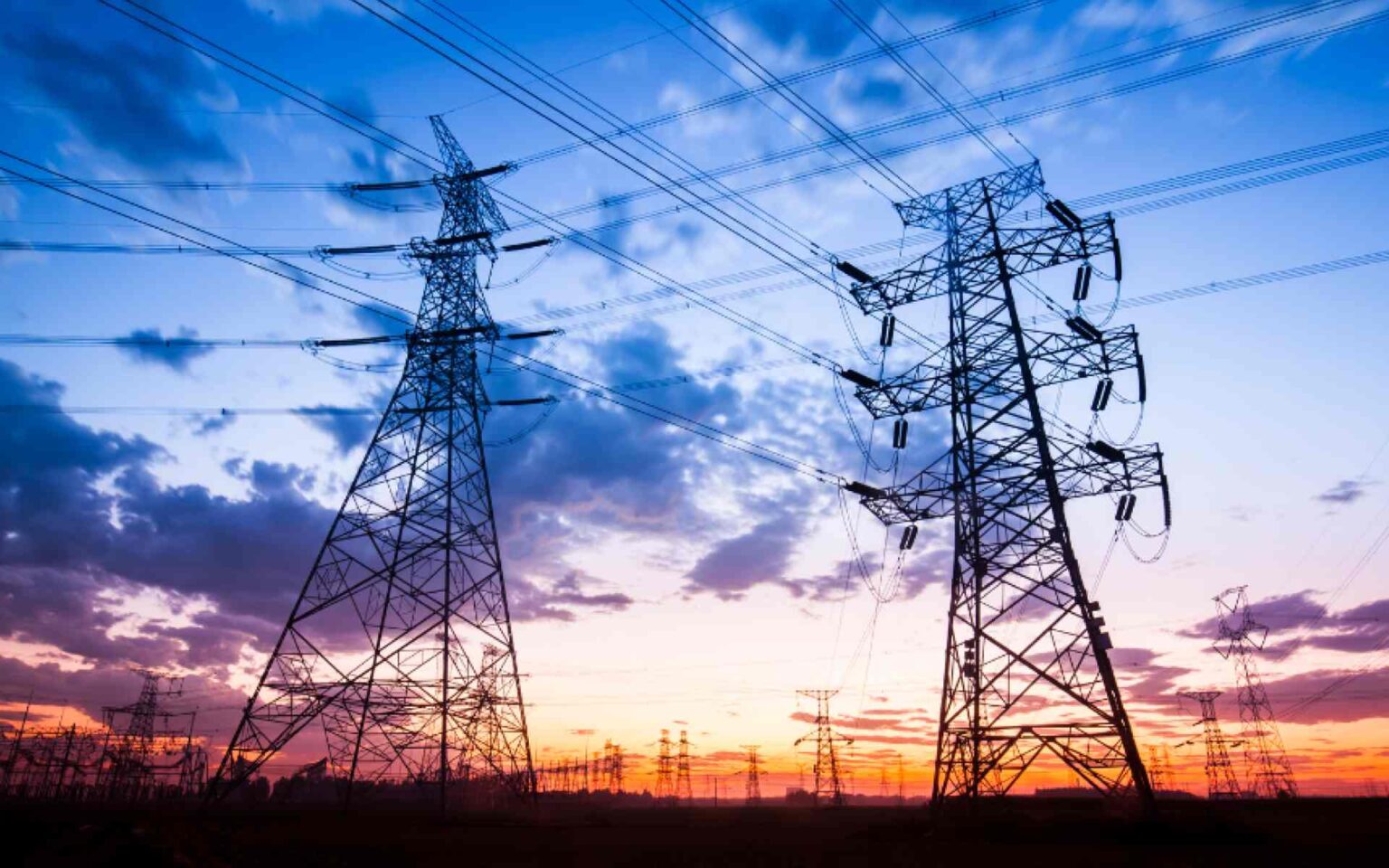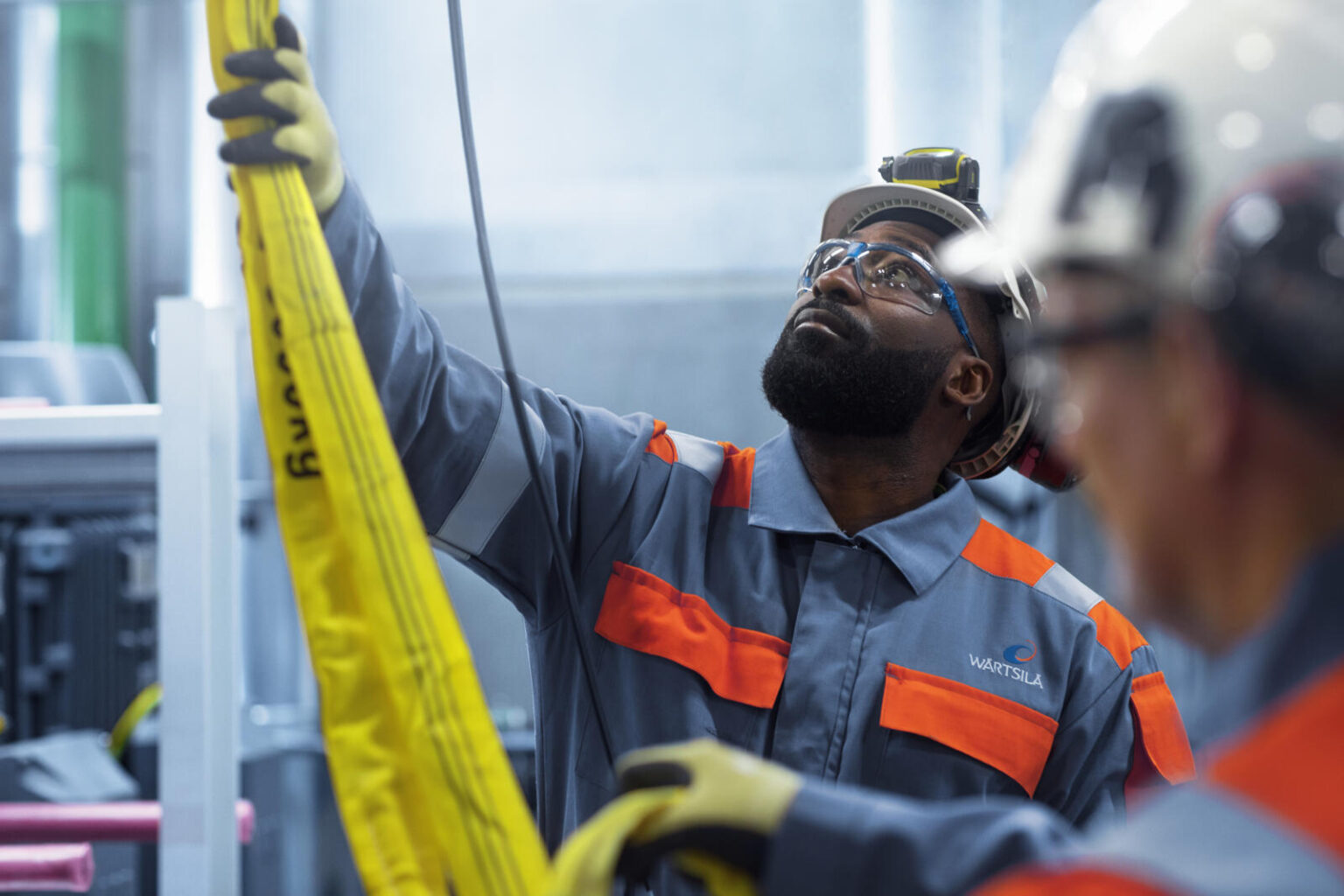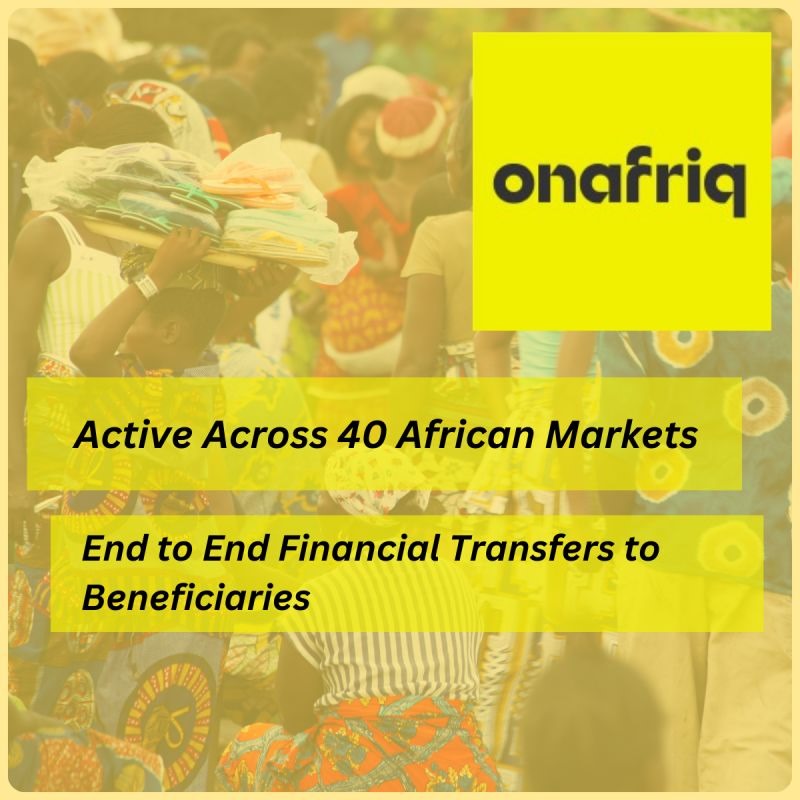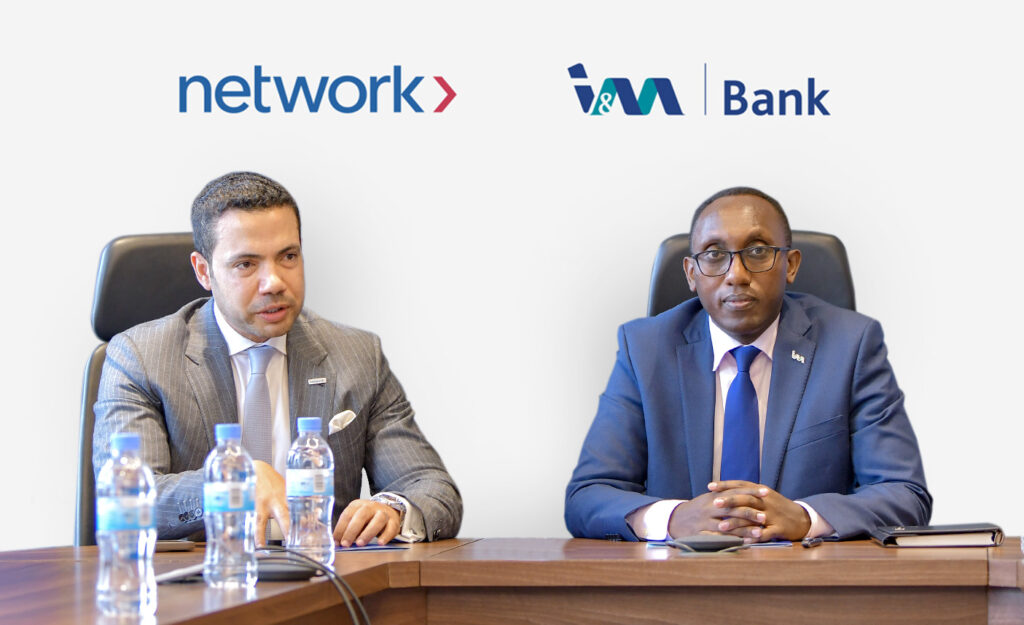- Africa Energy Bank secures key backing from Nigeria, Angola and Ghana
- AIM Congress 2025 gets a boost as International Development Bank signs on as gold sponsor
- African energy: Opportunities and challenges presented by Russia’s investments
- Africa’s smart farming push—a revolution or a mirage?
- BRICS summit in Brazil to focus on global governance reform
- Dedollarization: BRICS take on Trump and mighty dollar
- Trump’s second term: A rare opportunity for real African energy independence
- ‘Perfect storm’ in South Sudan demands urgent action – UN
Author: Opinion
- So far, South Africa and Senegal are the only African countries to have agreed to a Just Energy Transition Partnerships (JETP), with South Africa securing a deal for $8.5 billion, while Senegal secured one for $2.7 billion.
- How South Africa and Senegal intend to leverage these deals differ drastically, however, as do their power generation circumstances.
- Currently, coal continues to dominate South Africa’s energy portfolio, at over 80 per cent of the country’s power generation mix.
Just Energy Transition Partnerships (JETP) have been introduced in recent years to provide financial support to developing nations as they transition away from fossil fuels. In 2021, during the 26th UN Climate Change Conference of the Parties (COP26), South Africa became the first nation to sign such a deal. Senegal and the International Partners Group (IGP) signed a JETP in June 2023.
I have said before that the best way for Western countries, and …
- Gunster Strategies Worldwide will host the “Stars and Stripes & The Union Jack” reception at the Hay-Adams Hotel, bringing together global leaders to celebrate the U.S.-UK special relationship and reinforce its role in global advocacy.
- Nigel Farage, leader of Reform UK and a cornerstone figure in Brexit, will serve as the evening’s guest of honor.
- With over three decades of experience, Gunster has built a legacy of shaping transformative campaigns across the globe.
As Washington, D.C., prepares for the historic 60th Presidential Inauguration, Gunster Strategies Worldwide is set to host an exclusive reception that promises to solidify its reputation as a leading force in global advocacy and strategic influence. The “Stars and Stripes & The Union Jack” event, to be held at the renowned Hay-Adams Hotel, will convene a remarkable roster of global leaders, policymakers, and industry titans to celebrate the enduring U.S.-UK “special relationship.” This occasion underscores Gunster Strategies’ …
- Africa’s exploding population presents huge growth opportunities; A world-class digital payments ecosystem will be fundamental to that.
- There are opportunities for anyone who can simplify, rationalise and standardise payments for the continent’s dynamic financial economy.
- Any platform entering this space must recognise that there isn’t one answer; there are many.
Africa is an exciting, vibrant, and creative place to do business. But make no mistake, it has its challenges. Currency devaluation, political instability, and service disruptions are endemic. Africa is not for sissies, as the saying goes.
In navigating those challenges, relationships matter. It’s not so much about throwing money at a problem, it’s about investing time, building trust, meeting with partners and regulators, and understanding each other’s needs.
Africa offers an enormous upside for those prepared to make this time investment. The continent’s population is set to reach 2.5 billion by 2050, and Africa’s people are embracing digital technology, …
- Decentralized power generation—typically based on solar home systems and mini-grids—is the best bet to eradicate energy poverty among people in more isolated rural areas.
- By decentralizing power generation, Africa can secure a sustainable energy future and improve the lives of millions of people.
- Standalone power systems or localized power networks (otherwise known as “mini-grids”) have become efficient means of power that utilize solar in combination with battery storage and backup generators.
Think about a time when your electricity went out. As you sat in the dark, maybe you wondered how long it would be before you could power up your computer again. Or perhaps you considered what you could make for dinner that didn’t require cooking.
Many people in Africa don’t need to imagine such a scenario — they live it. Every day.
A large portion of the continent, primarily in sub-Saharan Africa, lacks access to reliable and affordable electricity. …
- To vastly increase the number of gazelles—and by extension, the likelihood of unicorns—stakeholders must work together to overcome existing barriers.
- Under ideal circumstances, gazelles—fast-growing companies essential for economic growth and employment—can mature into unicorns.
- To get unicorns, however, the key lies in cultivating gazelles first. Across Africa, there is a clear need to focus on the imperatives that can drive this transformation.
Gazelles. Camels. Elephants. In the language of venture capital, we have a full menagerie to describe a startup’s growth progression. However, in the past decade, the ultimate aspiration remains the unicorn: privately held companies valued at over $1 billion.
Globally, there are approximately 1,200 unicorns across various industries, and while Africa’s list is smaller, it is growing. As of February 2023, the seven identified African unicorns predominantly operate in the fintech and digital sectors, addressing payment challenges across the continent.
For many startups in Africa, achieving unicorn status …
- Majority of 2024’s capex was driven by established producers like Angola and Nigeria.
- Senegal is an example of how operator-friendly policies, political stability, and vast reserves can attract foreign investment.
- Africa holds nearly 18 trillion cubic meters of natural gas reserves, which will prove essential for a just energy transition.
I’ve said for years that African energy is a vital investment. Backers clearly agree — to the tune of $47 billion. That’s how much capital expenditure (capex) 2024 saw in African oil and gas, showing a 23 per cent increase from last year. Better yet, we expect growth to continue through the end of the decade.
This capex activity is a welcome sign that energy majors are deepening their long-term interests in Africa. And as our 2025 State of African Energy report details, their momentum has created unique opportunities for local communities, indigenous companies, and national oil companies (NOCs) from …
- Transition finance is funding dedicated to decarbonizing hard-to-abate and emissions-intensive sectors, such as steel and cement manufacturing.
- Companies in these sectors must prepare for an orderly transition, as failure to act will bring immense risk in a decarbonizing world economy.
- Nurturing a thriving transition finance market is critical to mitigating systemic economic and financial risks.
The transition finance market provides a unique opportunity for Africa to leapfrog to low-carbon technologies and business models, which will address climate risks and enhance the continent’s global competitiveness.
Though lacking a universal definition, transition finance refers to funding dedicated to decarbonizing hard-to-abate and emissions-intensive sectors, such as steel and cement manufacturing.
It is key to overcoming financial barriers to sustainability in the industries essential for economic development yet major contributors to greenhouse gas emissions. Companies in these sectors must prepare for an orderly transition, as failure to act will bring immense risk in a …
- Existing scientific research in Africa’s renewable energy transition often overlooks certain dispatchable technologies that could enhance grid flexibility.
- Studies primarily focus on zero-carbon dispatchable technologies like concentrated solar power and geothermal, despite their limitations in efficiency, reliability, and cost.
- Balancing engine power plants, which are globally recognized for their flexibility, reliability, and cost-effectiveness, are notably absent in these analyses, despite their potential to run on clean fuels in the future.
It is no longer disputed that solar and wind power will be the foundation of Africa’s future energy systems. They are perfectly suited to the continent’s unique conditions and are already the most cost-competitive power option in almost all cases. This consensus spans academia, businesses, and policymakers who all recognize the potential of renewable energy to meet Africa’s growing needs sustainably.
They also readily acknowledge the intermittent nature of renewables, and the associated need for flexible power capacity within the …
- Creating a “greater purpose” is essential to Onafriq’s corporate culture, driving its growth and unifying Africa’s digital payments.
- Onafriq’s digital payments network connects over 1,300 cross-border payment corridors and facilitates financial access for over 500 million mobile wallets and 200 million bank accounts in 40 markets in Africa.
- Overall, Onafriq empowers small businesses and women entrepreneurs by providing access to digital payment options, asset-based financing services, and additional income opportunities.
Being deliberate about creating a “greater purpose” is essential to building an authentic corporate culture, engaging stakeholders, and navigating the evolving landscape of corporate philanthropy. This is the philosophy behind Africa’s largest digital payments network, Onafriq’s, extensive growth and vision to unify the continent’s digital payments landscape according to its General Counsel and Chief Risk Officer Funmi Dele-Giwa.
Dele-Giwa recently shared insights into the organisation’s unique position at the intersection of social impact and commercial ambition at the Women in …
- The momentum of financial inclusion programmes is progressively strengthened as financial institutions, businesses and consumers embrace cashless convenience and digital payments that are secure and seamless.
- Currently, Rwanda is a prime market for digital payments, with a young population of which 69 per cent is below the age of 30, and the second-highest population density in Africa
The momentum of financial inclusion programmes is progressively strengthened as financial institutions, businesses and consumers embrace cashless convenience and digital payments that are secure and seamless. Technology development broadens the scope of delivery of financial services, and the advantages of digital payments manifest in providing easy access to the masses, reducing travel and queuing times, quicker transactions and seamless money movements that are cashless.
Currently, Rwanda is a prime market for digital payments, with a young population of which 69 per cent is below the age of 30, and the second-highest population density …

